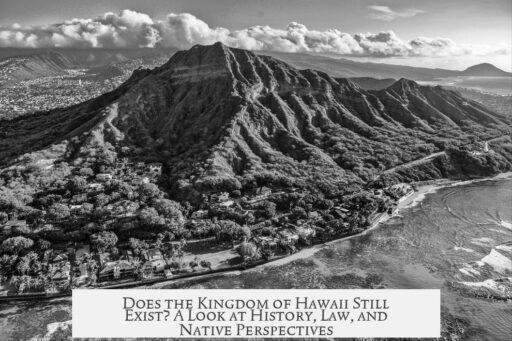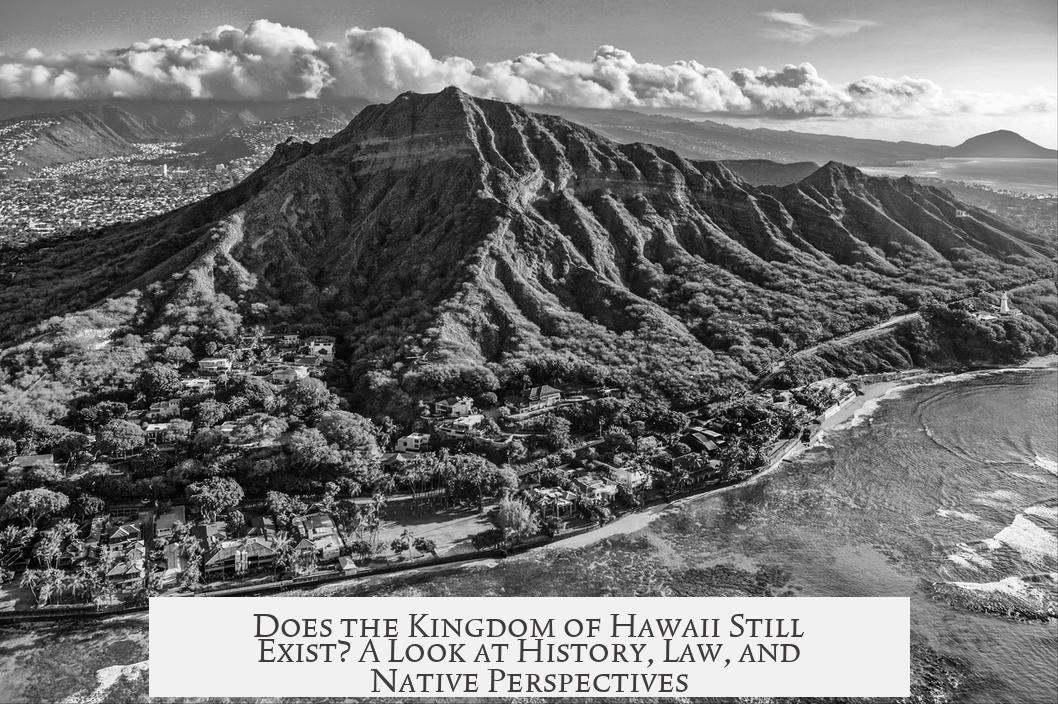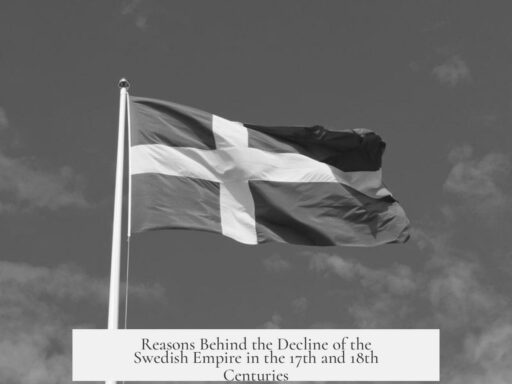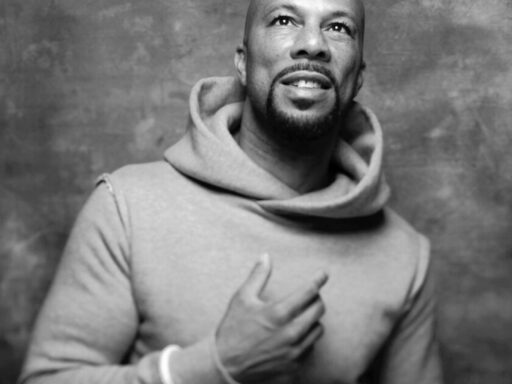The Kingdom of Hawaii no longer exists as a sovereign nation. It ceased to exist following the 1893 overthrow of its monarchy and subsequent annexation by the United States. Despite some Native Hawaiians and groups advocating for independence, Hawaii operates as the 50th state of the U.S., with legal and political frameworks firmly established since 1959.
The Kingdom of Hawaii was overthrown in 1893 through a coup led by American and European settlers. Queen Liliʻuokalani attempted to restore Native Hawaiian political power by proposing a new constitution. This move triggered the coup, supported by a military presence and political pressure. The so-called “Bayonet Constitution” of 1887 had already weakened the monarchy by disenfranchising Native Hawaiians and granting voting power mainly to American and European immigrants. Over time, Native Hawaiians became a minority on their own islands due to large immigrant populations.
Claims for Hawaiian independence rely on these historical grievances. However, history does not equate to legal sovereignty. Arguments for restoration of the kingdom lack grounding in U.S. or international law. The landmark Supreme Court case Texas v. White establishes that states cannot unilaterally secede from the United States. International recognition of Hawaiian independence would require significant geopolitical shifts, including conflict, which currently seems highly unlikely.
Polling data consistently indicates most Native Hawaiians do not support independence. Although Native Hawaiians constitute about 6% of Hawaii’s population, they voted as part of the state’s population to join the United States. In 1959, 93% of Hawaii’s voters approved statehood in a referendum that included Native Hawaiians. Support for statehood increased notably after World War II, especially following Native Hawaiian service in the armed forces.
Hawaii’s viability as an independent entity is debated. While some suggest its strategic location and resources could sustain it, Hawaii benefits significantly from U.S. political and economic structures. Other Pacific island nations operate independently, but Hawaii’s integration into U.S. systems is deep and complex.
- The Kingdom of Hawaii ended after the 1893 overthrow and U.S. annexation.
- Historical claims do not equate to recognized sovereignty under law.
- Most Native Hawaiians favor remaining part of the United States.
- Legal barriers prevent secession under U.S. law.
- Hawaii functions fully as a U.S. state, with strong local support for that status.
Does the Kingdom of Hawaii Still Exist? Exploring History, Law, and Reality
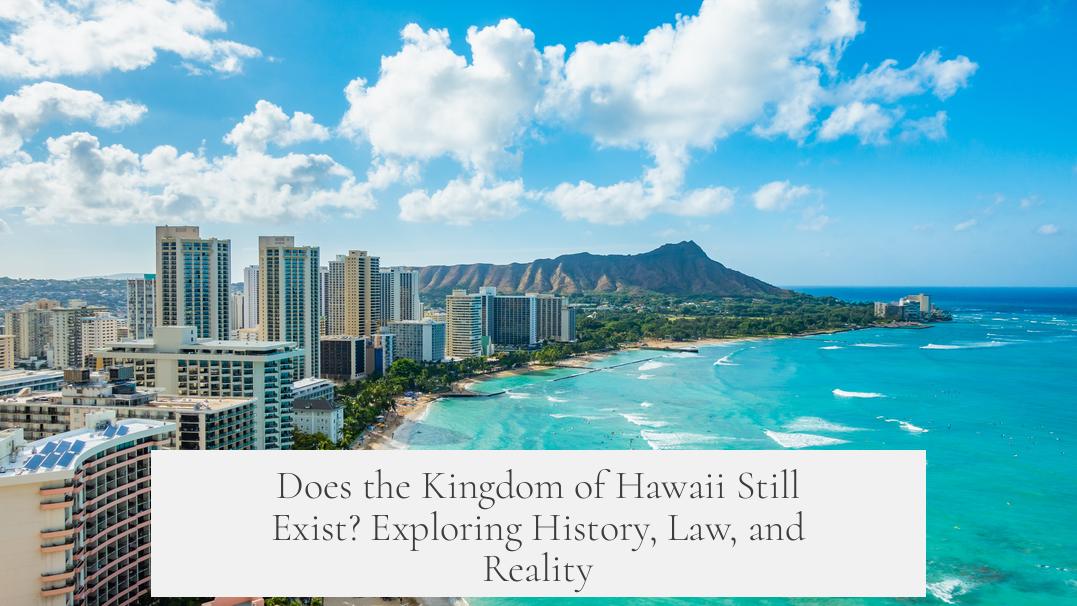
So, does the Kingdom of Hawaii still exist? The short, honest answer is no. The Kingdom as a sovereign political entity no longer stands today. Yet, the story is far richer, stitched with history, legal disputes, native voices, and dreams of independence. Let’s dive in and unpack this fascinating topic.
First, the Kingdom of Hawaii was a recognized monarchy that flourished until its overthrow in the late 19th century. This coup is central to understanding why some believe the Kingdom still exists in spirit, if not in rule.
The Historical Backdrop: How Did the Kingdom Fall?
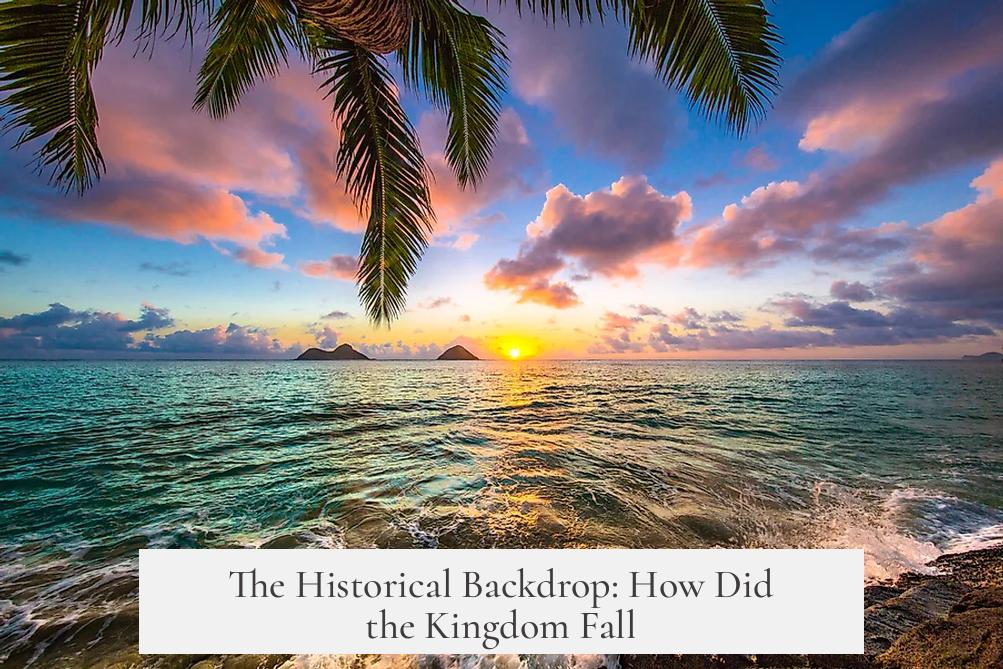
The Kingdom’s downfall started with the 1887 Bayonet Constitution. This document, forced upon Native Hawaiian monarch King Kalākaua under threat (hence the “Bayonet”), altered the power dynamics on the islands. It shifted political power to American and European immigrants and disenfranchised Native Hawaiians by tying voting rights to property ownership. Suddenly, Hawaiians, despite being the islands’ original inhabitants, found themselves politically sidelined.
When Queen Liliʻuokalani attempted to restore native sovereignty by replacing this constitution, things escalated. The efforts triggered a coup in 1893, led by American businessmen and backed by U.S. military forces. The monarchy was overthrown, and Hawaii’s path towards annexation by the United States began.
Interesting to note: Many proponents for Hawaiian independence cite this coup as evidence that current statehood is invalid. They argue that the overthrow was illegal and that the Kingdom should still exist. However, historical claims often clash with modern legal frameworks.
Legal Perspectives: History Meets Modern Law
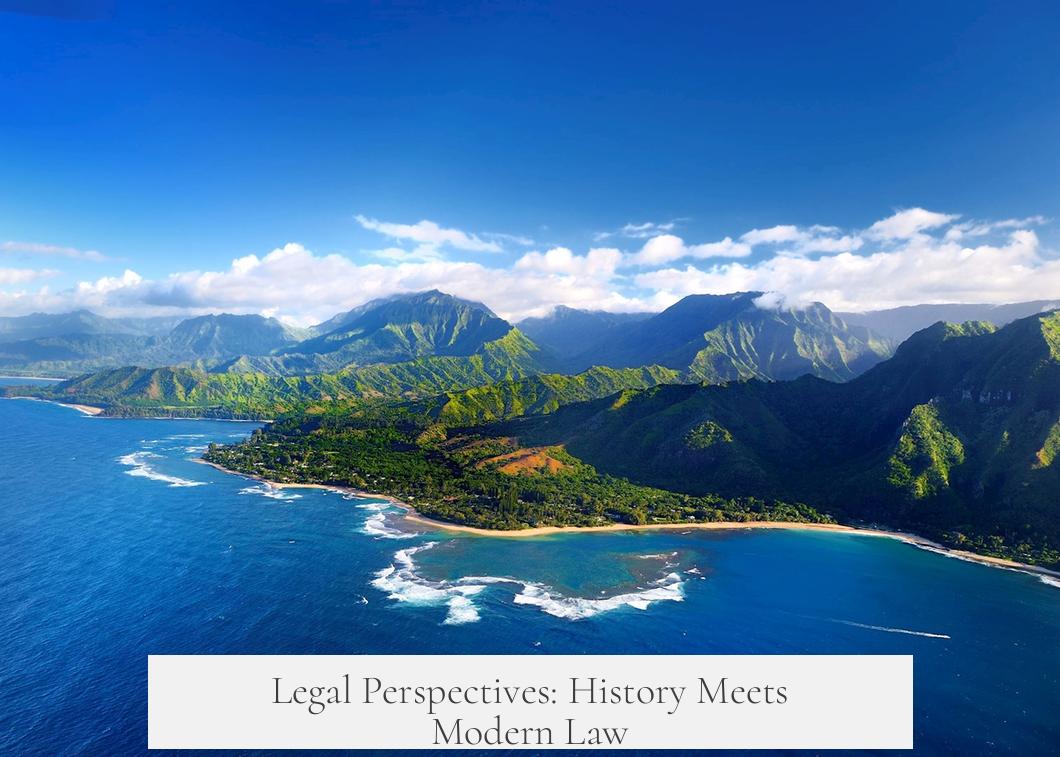
Can a historical event like this have legal standing today? Not quite. Legal experts emphasize that historical claims lack basis in contemporary law. For context, you could also argue that historical empires like Charlemagne’s empire—or even the Roman Empire—should exist again, but that doesn’t hold legally either.
And, crucially, under U.S. law, states cannot secede. The Supreme Court ruling in Texas v. White clarified that secession is unconstitutional, sealing Hawaii’s fate firmly within the United States.
Internationally, Hawaii isn’t recognized as an independent nation. Even if some advocated for sovereignty, there is zero realistic chance of enforcement without conflict—and no nation or coalition has seriously entertained military intervention to “liberate” Hawaii.
Native Hawaiian Perspectives: Who Wants Independence?

Let’s zoom in on Native Hawaiians—the rightful heirs to the Kingdom’s legacy—and their views today. Contrary to common assumptions, polls show that most Native Hawaiians do not support independence from the U.S.
Why? Well, for starters, Native Hawaiians make up roughly 6% of the current population. That means any push towards independence would essentially mean a minority attempting to overrule the majority, which is ethically and politically fraught.
Back in 1959, when Hawaii voted on statehood, 93% of the voters approved it. This included a significant portion of Native Hawaiians, many of whom felt a strong connection to the United States, especially after World War II and the role Native Hawaiians played. The attack on Pearl Harbor fostered patriotism, and many volunteered or were drafted to serve in the U.S. military.
So while independence discussions are vital and expressive of cultural identity, the political reality today leans toward inclusion within the U.S. system.
Could Hawaii Function Alone?

Suppose independent Hawaii was more than a dream. Would it be viable? From a practical standpoint, yes.
Other Pacific island nations like Fiji, Tonga, or Samoa showcase functioning, self-sustaining states. With its diverse economy—from tourism to agriculture and tech support from the mainland—Hawaii certainly has the capabilities to operate as an independent nation if it chose to.
But “could” doesn’t automatically translate to “will,” especially when powerful legal barriers and political realities block the path.
So What Does This Mean For Hawaii’s Future?
Hawaii lives in layers: the romantic Kingdom of the past, the vibrant multicultural U.S. state of today, and the ongoing dialogue about identity and sovereignty. The Kingdom itself no longer exists as a sovereign political entity, but its spirit survives in culture, history, and a proud Hawaiian identity.
For many, advocating for Native Hawaiian rights and cultural preservation is more pressing than statehood debates; for others, self-determination means independence. Yet, current laws, demographics, and popular vote outcomes make full independence improbable anytime soon.
Is it possible the Kingdom of Hawaii could someday re-emerge on the world stage? Legally, practically, and politically, it’s a steep climb. But Hawaiian history reminds us that identity and sovereignty can take many forms—not all tied to official recognition or borders.
Final Food for Thought:
- How do we balance the importance of historical sovereignty claims with modern legal realities?
- What role does cultural identity play if political independence is off the table?
- Could enhanced autonomy within the U.S. structure better serve Native Hawaiian interests?
Whatever the answers, the Kingdom’s story fuels discussions that matter deeply—not only to Hawaiians but to anyone intrigued by the intersection of history, law, and the quest for self-determination.
In the meantime, visitors and residents alike experience Hawaii as a state rich in culture, history, and aloha—a living legacy far beyond a kingdom’s borders.
